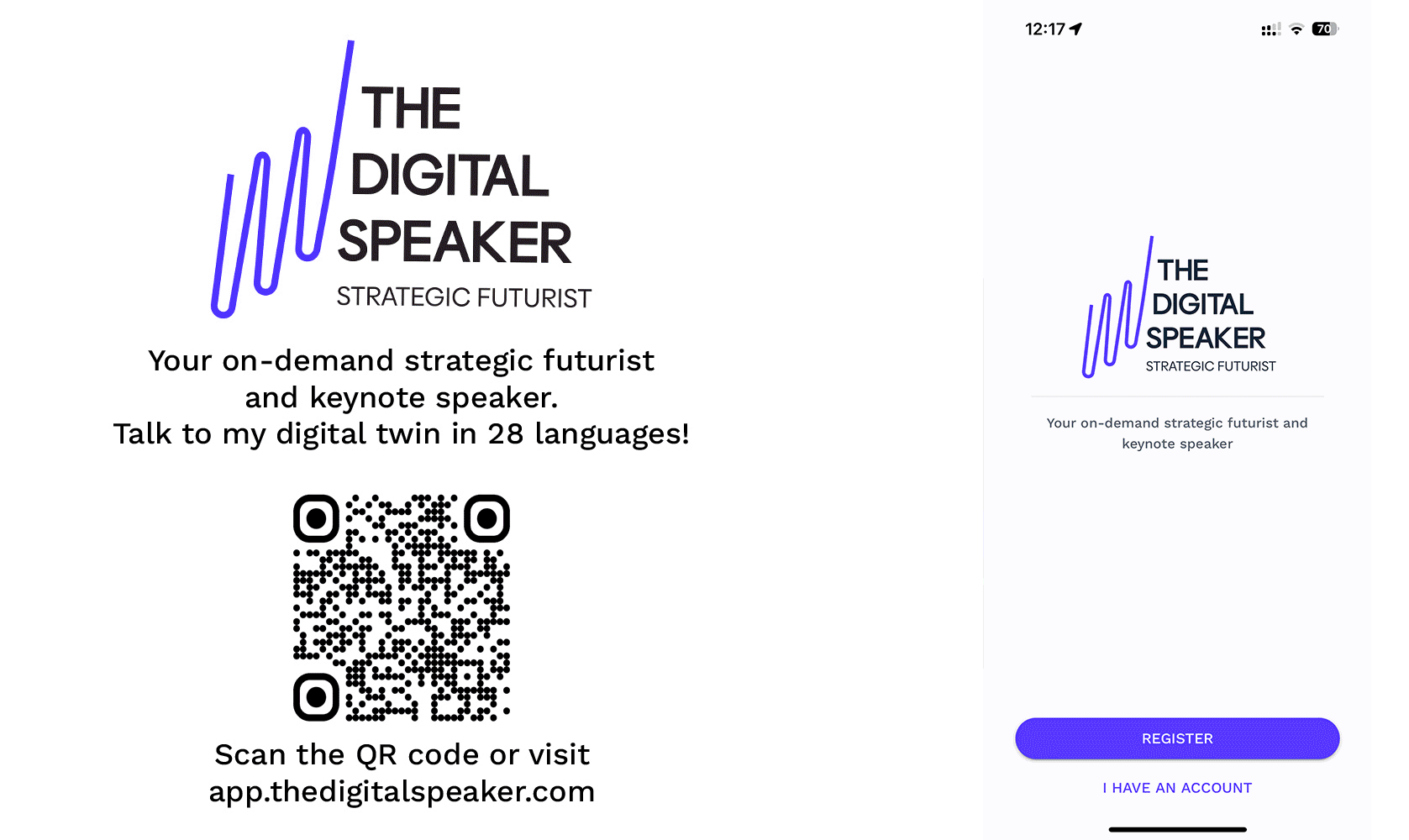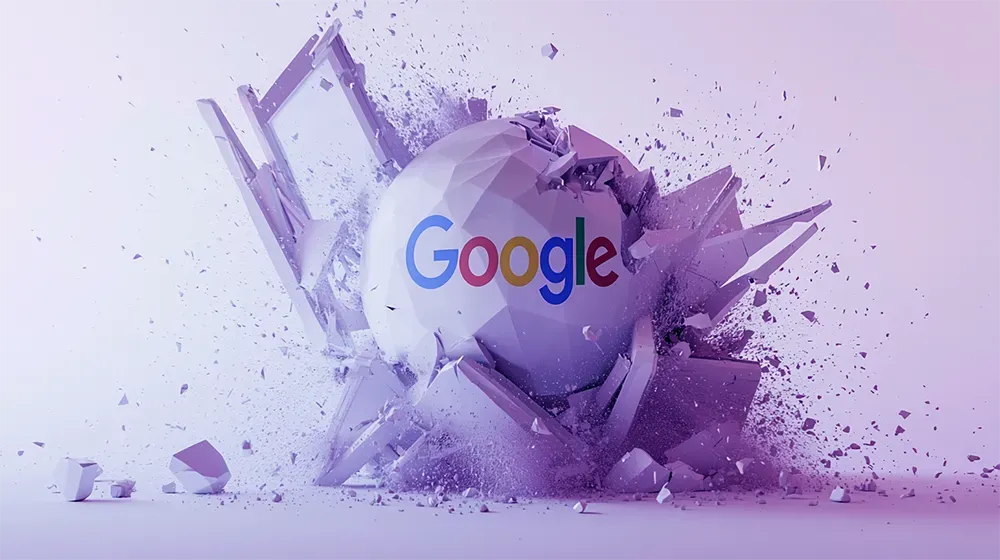Nokia's Call of the Future: 3D Audio for a New Era

Are traditional phone calls dead in the water as Nokia revolutionizes with 3D audio technology?"
Nokia has made a groundbreaking step forward with the first immersive audio and video call using the new 3GPP Immersive Voice and Audio Services (IVAS) codec. This significant advancement transforms the monophonic audio of current smartphone calls into a rich, 3D spatial sound experience, revolutionizing how we interact and collaborate. The demonstration, conducted over a public 5G network, highlights Nokia's commitment to enhancing communication technologies.
Spatial computing is poised to be the future of human interaction and collaboration. By enabling callers to experience sound as if they were physically present with the other person, 3D audio enhances the realism and engagement of conversations. This technology is not just about clearer calls; it's about creating a more immersive, natural communication experience. For businesses, this means more effective remote meetings, with spatial audio helping to distinguish between different speakers and making conversations more intuitive and lifelike.
However, with the increased use of immersive technologies comes a greater responsibility to protect the data required for these experiences. The spatial characteristics of a call require more sensitive and detailed data about users' environments and voices. This data must be handled with the utmost care to ensure privacy and security. Companies like Nokia need to implement robust data protection measures to prevent misuse and unauthorized access. Ensuring the privacy of spatial audio data is crucial to gaining user trust and widespread adoption of this technology.
The potential applications of 3D audio extend beyond personal and business calls. In conference calls, participants' voices can be separated based on their spatial locations, improving clarity and understanding. In sectors like healthcare and education, immersive audio can enhance training simulations and remote consultations, providing a more engaging and effective experience.
As we move towards this new era of spatial computing, it is essential to balance innovation with responsibility. How will companies safeguard the sensitive data that makes these immersive experiences possible? The future of collaboration and interaction depends not only on technological advancements but also on the ethical use of the data that powers these innovations.
Read the full article on Nokia.
----
💡 If you enjoyed this content, be sure to download my new app for a unique experience beyond your traditional newsletter.
This is one of many short posts I share daily on my app, and you can have real-time insights, recommendations and conversations with my digital twin via text, audio or video in 28 languages! Go to my PWA at app.thedigitalspeaker.com and sign up to take our connection to the next level! 🚀

If you are interested in hiring me as your futurist and innovation speaker, feel free to complete the below form.
Thanks for your inquiry
We have sent you a copy of your request and we will be in touch within 24 hours on business days.
If you do not receive an email from us by then, please check your spam mailbox and whitelist email addresses from @thedigitalspeaker.com.
In the meantime, feel free to learn more about The Digital Speaker here.
Or read The Digital Speaker's latest articles here.





